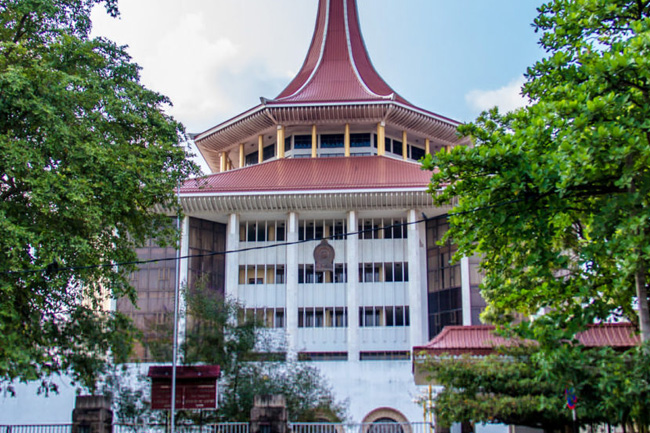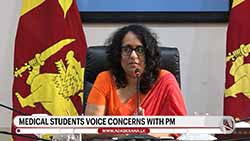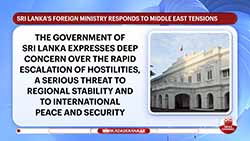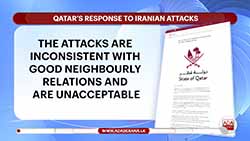SC hears petition against proposed Penal Code (Amendment) Bill decriminalising homosexuality
April 20, 2023 06:48 pm
The petition filed by a group of persons, claiming that the Penal Code (Amendment) Bill tabled in Parliament by MP Premnath C. Dolawatte is in violation of the Constitution of Sri Lanka, was taken up before the Supreme Court this morning (20 April).
The petition was heard before a three-judge bench of the Supreme Court, comprising of Chief Justice Jayantha Jayasuriya and Justices Vijith Malalgoda and Arjun Obeysekera.
Appearing on behalf of the petitioners, Attorney-at-Law Dharshana Weraduwage presented facts to the court, claiming that certain provisions of the Bill were noncompliant with the Constitution, highlighting a clause in the Bill which attempted to decriminalise homosexuality.
Weraduwage emphasised that the Bill violated certain fundamental rights cited in Article 3 and 12 (1) of the Constitution, and thus requires the public’s approval.
Accordingly, the hearing of the Bill is scheduled to continue tomorrow (21 April).
A petition was filed by Retired Army Brigadier K. Athula H. de Silva, Shenali D. Waduge and Jehan Hameed, naming MP Dolawatte and the Attorney General as the respondents, seeking an order that if the proposed Penal Code (Amendment) Bill is required to be passed, it must be approved by a two-thirds majority vote in the Parliament and also a referendum, since the provisions contained in the proposed bill violate the fundamental human rights mentioned in the Constitution.
The petitioners alleged that the relevant Bill tabled as a private members’ Bill by MP Dolawatte attempted to interpret homosexuality as a non-criminal offence, while promoting such activities.
The petition also mentions that it is contrary to the expectations of the legislature regarding the penal code and thereby seriously violates the provisions of the constitution, adding that certain provision of the Bill in question are also against religious beliefs, as homosexual activities have not been endorsed in accordance with Buddhist, Hindu, Christian or Islamic beliefs.












